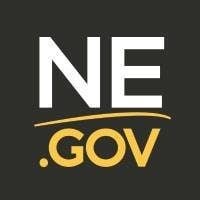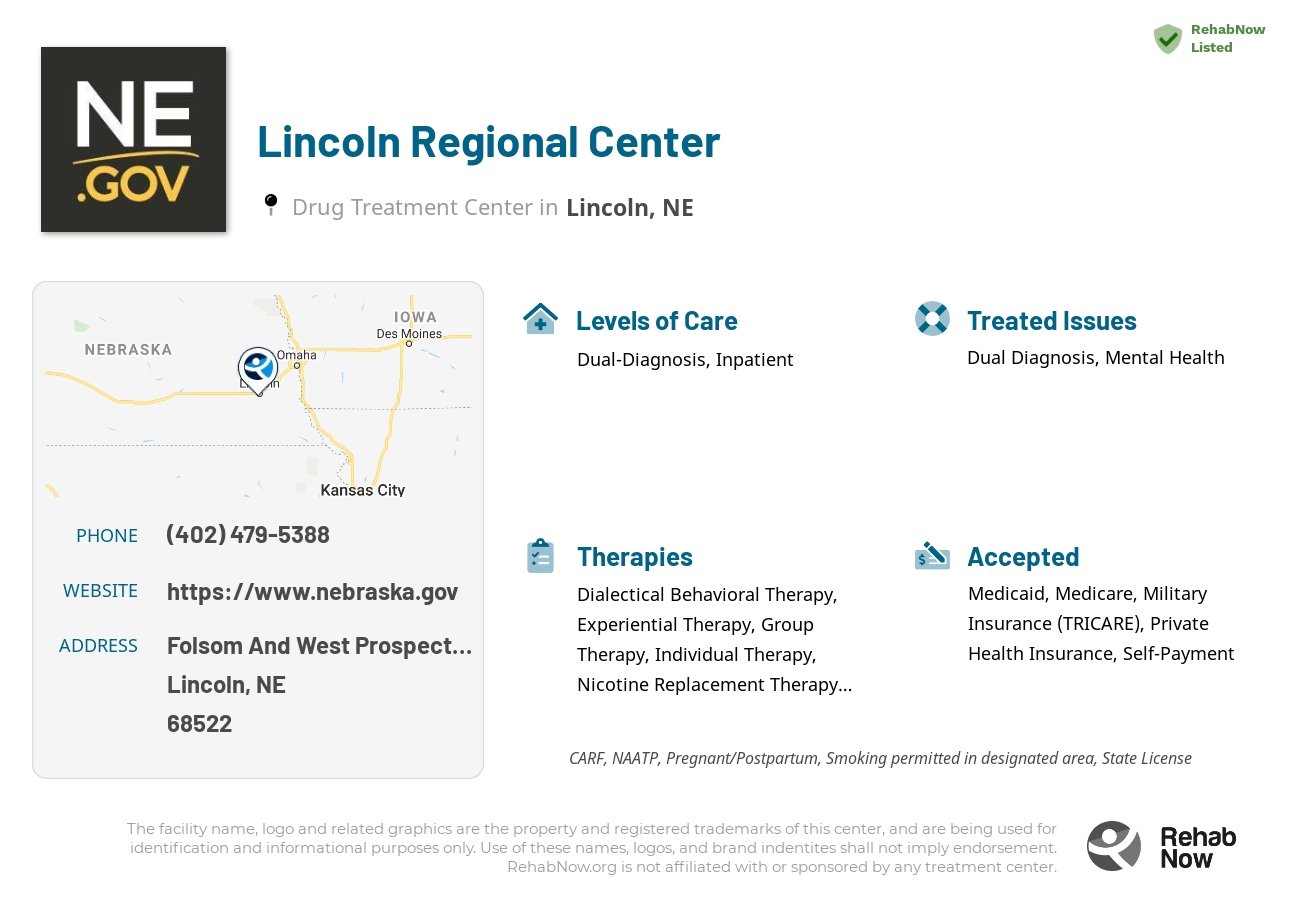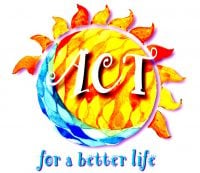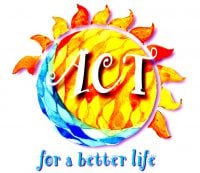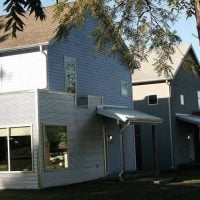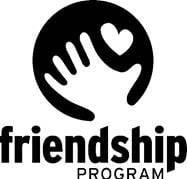Lincoln Regional Center
Drug Rehab Center in Lincoln, Nebraska
The Lincoln Regional Center is a mental health treatment facility in Nebraska that offers comprehensive and individualized care, including dual-diagnosis and long-term residential care, with evidence-based therapies and a focus on improving both mental and physical health.
About Lincoln Regional Center in Nebraska
The Lincoln Regional Center is a renowned mental health treatment center located in Lincoln, Nebraska. The center provides comprehensive care for individuals with both mental and dual diagnosis needs, focusing on individualized treatment plans tailored to each patient's needs. The center's primary focus is to provide evidence-based treatment with compassion and expertise. At Lincoln Regional Center, individuals can receive dual-diagnosis, inpatient treatment, as well as residential long-term care for over 30 days. Treatment methods and therapies are designed to have lasting, positive effects on both mental and physical health. Therapies offered include Dialectical Behavioral Therapy (DBT), Experiential Therapy, Group Therapy, Individual Therapy, Nicotine Replacement Therapy (NRT), Nutrition Therapy, Trauma Therapy, and Cognitive Behavioral Treatment (CBT).
The Lincoln Regional Center is dedicated to providing the highest quality of care and is affiliated with the State of Nebraska. In addition, the center accepts private health insurance for those seeking treatment. The Lincoln Regional Center is committed to providing individuals with access to the highest quality care and resources, in order to help them recover and improve their overall quality of life.
Genders
Ages
Modality
Additional
Conditions and Issues Treated
A “dual diagnosis” is when the individual has two medical issues at the same time. The top co-occurring mental disorders with addiction are depression, anxiety, ADHD, bi-polar disorder. Addiction is also considered a mental illness that is not a choice but rather a medical condition. Addiction can be caused by any number of underlying issues.
Dual diagnosis is provided by Lincoln Regional Center to treat addictive tendencies as well as any untreated mental illnesses. This ensures successful long term health and recovery for patients after treatment has been completed.
Dual diagnosis is provided by Lincoln Regional Center to treat addictive tendencies as well as any untreated mental illnesses for people in Nebraska. This ensures successful long term health and recovery for patients after treatment has been completed.Levels of Care Offered
This center offers a variety of custom treatment tailored to individual recovery. Currently available are Dual-Diagnosis, Inpatient, with additional therapies available as listed below.
Going to an inpatient rehab facility means living there while all aspects of addiction or co-occurring disorder get addressed. The treatment involves medical supervision, therapy, and future planning.
This type of rehabilitation provides a drug-free environment for people who struggle with chronic/long-term addiction without having access to drugs outside the center (or their own home). It takes away any distractions because they live there 24 hours per day. If someone is trying to break out old habits, which could lead them back into substance abuse, things like jobs or school can be put on hold until after they complete their stay to focus solely on recovery.
Therapies & Programs
Individual therapy is a form of counseling where you meet with a trained professional one-on-one. Meeting with a therapist in this setting allows for a personal and trusting relationship to be built. This allows the patient to open up about sensitive or private issues they may not feel comfortable discussing in a group. Individual therapy helps identify the root causes of your addiction, which can help prevent relapse.
Group therapy sessions are another common addiction recovery service. These group sessions typically involve six to 12 addicts who meet regularly with a trained professional for support and guidance.
During these sessions, the group shares their experiences with one another and provides feedback that can help each member avoid relapse or overcome specific obstacles they are facing in their recovery process. With this type of support and guidance, addicts can feel like they are part of a community that understands their struggles and will help them get through the hard times.
Many people struggling with drug addiction have experienced some form of trauma in their lives. It is crucial that these individuals seek out professional help; otherwise, their drug abuse and addiction will likely continue.
Therapists and counselors at drug treatment centers employ several treatment programs to help people struggling with drug addiction, including trauma therapy. Trauma therapy helps people dealing with addiction by allowing them to confront the traumas of their past and move past them.
It is important to note that trauma therapy should not be confused with PTSD (post-traumatic stress disorder). Rather, it is used to treat the effects of trauma, which are often at the root of addiction.
Dialectical Behavior Therapy was developed in the 1980s to treat chronically suicidal individuals. It is a cognitive-behavioral therapy that combines standard DBT with strategies derived from Zen Buddhism, such as mindfulness training.
DBT has been adapted for use with other types of psychiatric problems, including eating disorders, substance abuse disorders, borderline personality disorder, posttraumatic stress disorder (PTSD), and other personality disorders. Dialectical Behavior Therapy is considered a psychosocial treatment of BPD. This means that while it can be used alone or in conjunction with drug treatments, DBT does not rely on medications to treat the disorder. Instead, DBT aims to help patients change their thinking and behavior.
Cognitive Behavioral Therapy (CBT) focuses on the underlying thoughts and behaviors that caused the problem of addiction in the first place and may cause a relapse. Negative feelings are common in drug abuse disorders, but they can lead to co-occurring disorders if not recognized. CBT involves strategies that help to change the behavior pattern by restructuring negative thoughts into positive ones. It helps to remove these feelings, and it provides long-term benefits. Also, CBT promotes self-awareness and self-control. It can be administered as a monotherapy or as part of combination therapy.
CBT can improve the patient’s mood, reduce drug cravings and boost success rates on treatment plans. Regular practice can help individuals handle negative attitudes, thoughts, and feelings without turning to drugs or alcohol. The core belief of Cognitive Behavioral Therapy (CBT) is that one’s moods, behaviors, and actions are all connected. Individuals can improve their quality of life using CBT. It helps addicts understand the patterns of thought and feelings that cause them to use drugs or alcohol and develop a healthy response.
Medical nutrition therapy for addiction helps patients at Lincoln Regional Center avoid “trigger” foods. Someone who craves alcohol may be sugar addicted. Eating a balanced diet with adequate protein, vegetables, and fruit can help reduce drinking urges.
MNT is a type of addiction treatment that teaches patients about healthy eating habits while counseling them. These sessions include meal planning, cooking demonstrations, shopping tips, grocery store tours, and food education.
Nicotine replacement therapy is a drug treatment that allows people to get the effects of nicotine without chewing or smoking. The therapy is often done with a patch, and doses of nicotine are reduced until nicotine is no longer needed. NRT helps smokers get nicotine into their system without resorting to smoking, and it has been shown to be an effective way to help people quit smoking. Coupling NRT with counseling and other means of support gives long-term smokers a better chance of removing their unhealthy habit.
Patient Experience
Experiential Therapy at Lincoln Regional Center
Drug addiction causes the formation of abnormal connections between neurons in the brain to form due to repeated exposure to drugs. These connections are responsible for addictive behaviors to drugs. Experiential therapy is done with patients individually and is different from traditional talk therapy. This therapy can help people revisit past traumas, heal, and move on in life in a more authentic way.
Experiential therapy uses activities to recreate experiences that may have caused trauma or negative emotions. These activities include role-playing, arts and crafts, animal care, music, or rock climbing. The individual will gradually experience calmness and love and change their perception positively through this therapy. Other than drug addiction, experiential therapy can be helpful for behavioral or eating disorders.
Payment Options Accepted
For specific insurance or payment methods please contact us.
Is your insurance accepted?
Ask an expert, call (888) 674-0062
State of Nebraska Associated Centers
Discover treatment facilities under the same provider.
Learn More About State of Nebraska Centers
Additional Details
Specifics, location, and helpful extra information.
Lincoln, Nebraska 68522 Phone Number(402) 479-5388 Meta DetailsUpdated November 25, 2023
Staff Verified
Lincoln Regional Center Patient Reviews
There are no reviews yet. Be the first one to write one.
Lincoln, Nebraska Addiction Information
Despite a total population of slightly less than 2 million residents, methamphetamines are one of the most commonly abused illicit substances in the state. Alcohol abuse is so common that a news article once referred to Nebraska as "America's 9th drunkest state". Although opioid abuse rates in Nebraska are not as high as those in other states, opioids are still involved in most overdoses.
The drug addiction problem in Lincoln, Nebraska is one of the worst in the country. Stimulants, particularly methamphetamine, are the most prevalent drug substances, while marijuana accounted for 27%. Some people may start using drugs to cope with their problems or search for fleeting happiness. Many drug rehab facilities in Lincoln will provide counseling services in addition to medication management, and other necessary treatments.
Treatment in Nearby Cities
- Fremont, NE (46.5 mi.)
- Minden, NE (118.1 mi.)
- Gordon, NE (314.8 mi.)
- Omaha, NE (52.8 mi.)
- Falls City, NE (77.7 mi.)
Centers near Lincoln Regional Center
The facility name, logo and brand are the property and registered trademarks of Lincoln Regional Center, and are being used for identification and informational purposes only. Use of these names, logos and brands shall not imply endorsement. RehabNow.org is not affiliated with or sponsored by Lincoln Regional Center.
